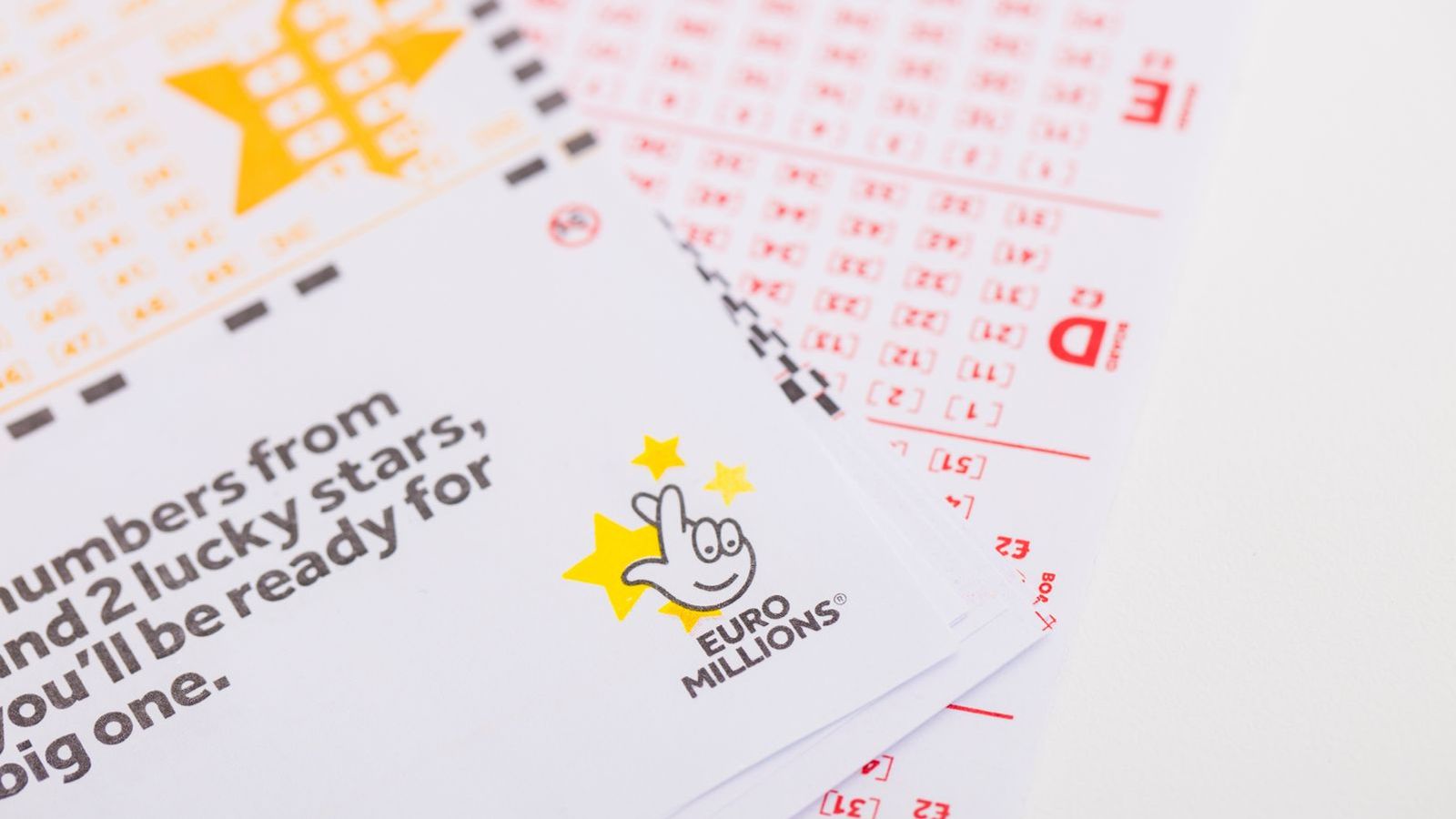The National Lottery operator Camelot has revealed a fall in sales amid signs players had “tightened their belts” because of the mounting cost of living crisis.
The company, which was told in March it had lost the licence to operate the lottery from 2024 after 30 years running the game, said sales of tickets and instant win games had eased due to “growing economic uncertainty”.
It revealed that sales fell 3% to £8.1bn in the year to 31 March with most of the decline due to a 7% fall in sales of National Lottery Instants – down £240m to £3.4bn.
It said that in addition to greater competition for consumers’ cash as household bills rise, the end of pandemic restrictions had also given players improved choice when it came to their disposable income.
The group said draw-based games fared better, though ticket sales still edged £43.2 million lower to £4.6 billion, with fewer large EuroMillions rollovers.
There were 15 draws with a jackpot of over £100 million in 2021/22 compared with 22 the year before, it said.
However, the money generated for good causes rose by more than £24m to £1.9bn.
Heathrow warns on investment as regulator eyes reduction in passenger charges
Royal Mail strike moves closer as ballot papers are sent out in pay row
Cost of living: Petrol retailers accused of ‘rocket and feather’ pricing as unleaded hits new record
Please use Chrome browser for a more accessible video player
Camelot is not taking the Gambling Commission’s decision to appoint a new operator without a fight.
It recently launched legal action over the decision to award the next licence to rival Allwyn, which operates lotteries in other countries including Italy and Greece and plans to cut UK ticket prices.
Allwyn has also attracted political attention for sister firm MND’s joint venture with Russian gas giant Gazprom – a link the company is said to be trying to break amid Russia’s war in Ukraine.
Camelot chief executive Nigel Railton said of its performance: “Achieving National Lottery sales of over £8bn two years in a row while maintaining very high levels of public participation – despite the challenging and changing external environment – proves that our strategy of offering great consumer choice in a safe and convenient way continues to be hugely successful.”
“In the year ahead, we’ll continue to invest and innovate to respond to the changing consumer environment,” he said.









